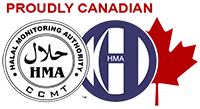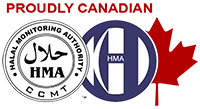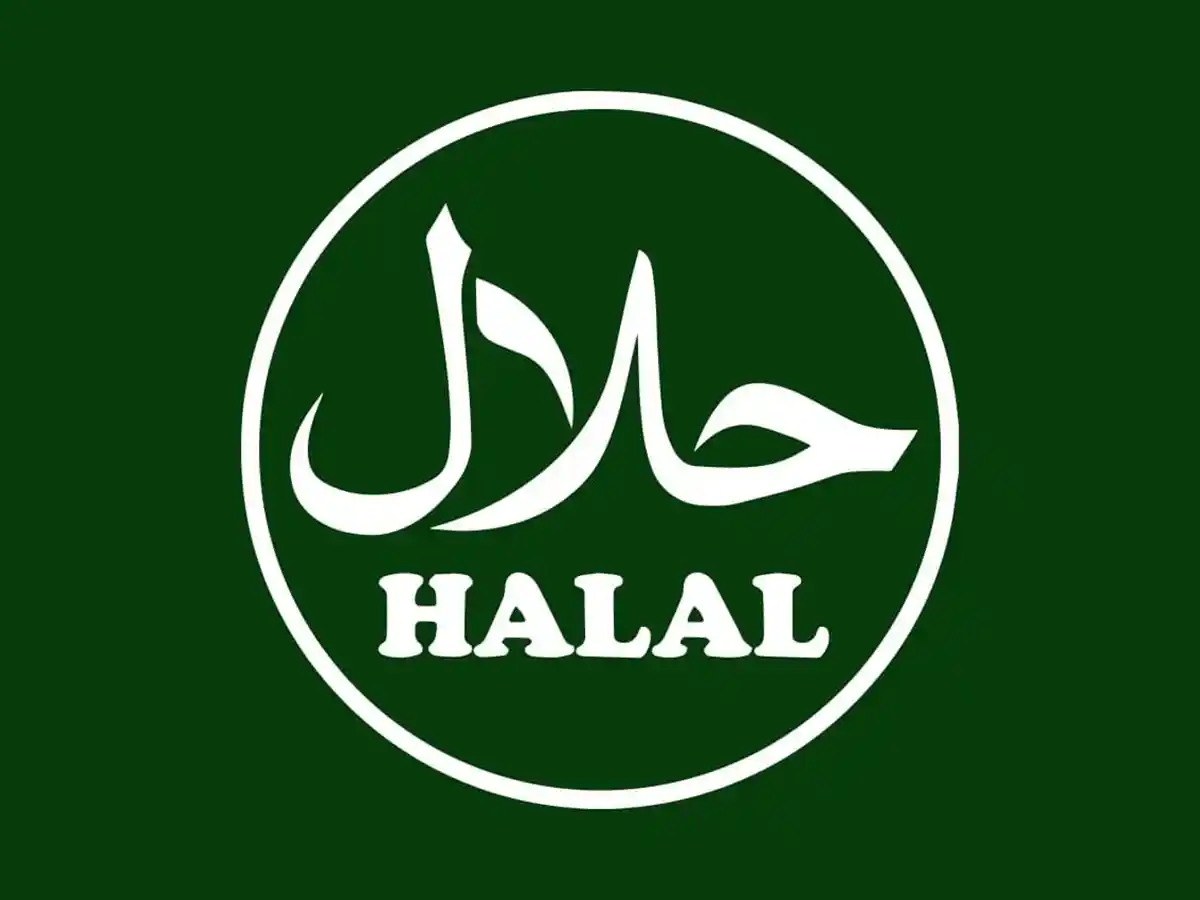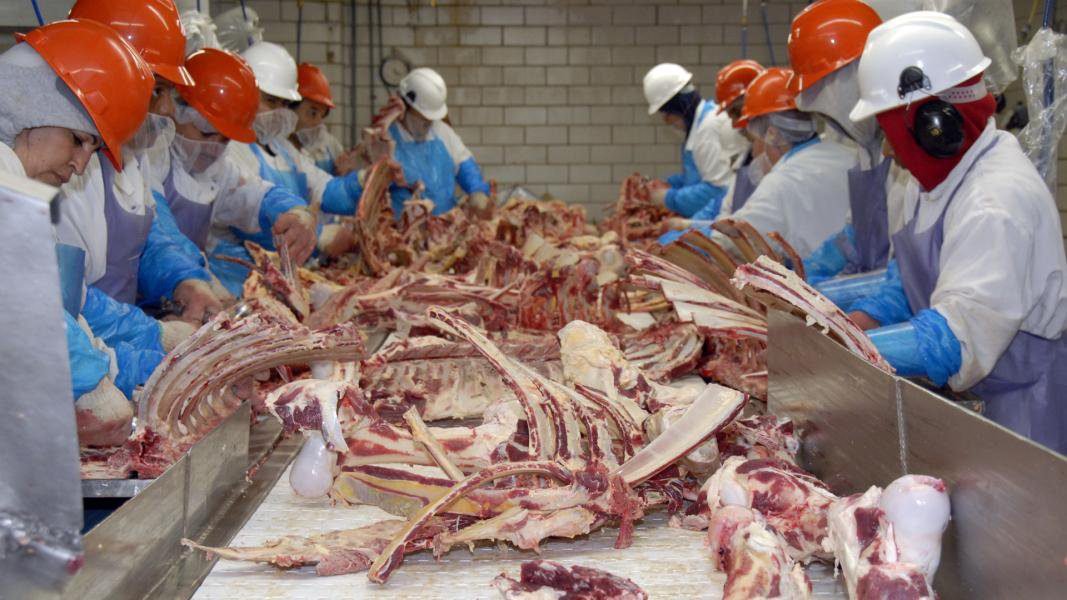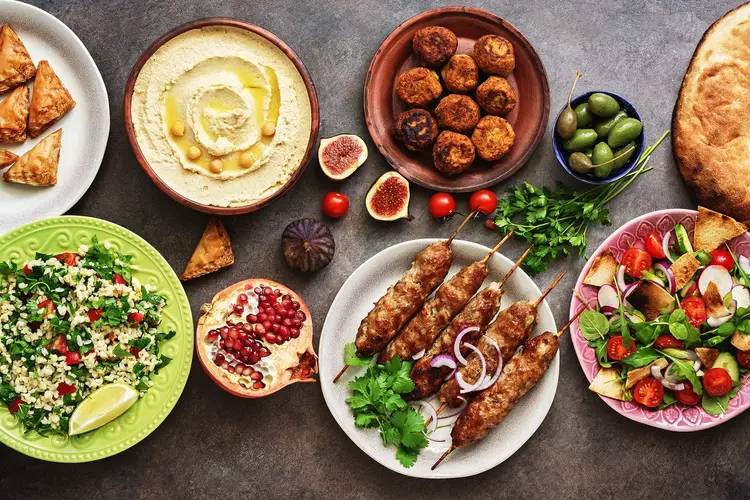What is “Halal,” and what does it imply? While the precise definition of the Arabic word ‘halal’ is lawful or permitted and is usually linked with food and beverages, the term has developed over time. The total consumption of this category has expanded over time due to the expanding Muslim population and increasing income of Muslim customers throughout the world. The anticipated consumption in 2018 was USD2.2 trillion, with a forecast of USD3.2 trillion by 2024.
In the case of Halal cuisine, although Muslim food and beverage (F&B) spending hit USD1.4 trillion in 2018, it is expected to reach US$2 trillion by 2024. This creates enormous prospects for both existing and new enterprises in this sector. A growing Muslim population in Canada has resulted in increased sales of halal food, prompting some supermarkets, manufacturers, and restaurants to look for ways to profit from the trend. It is a tremendous industry. It is a global enterprise worth $80 billion. It is worth roughly $1 billion in Canada, and it is expanding at a rate of 10-15 percent every year, which is vast. It encompasses far more than other categories.
The halal eating experience might be considered one of the industry’s catalysts of change. As customers need halal, food and beverage makers must satisfy them. ‘Retail concepts’ and ‘halal items e-commerce’ are two of the halal food industry’s recognized growth segments.
The audience provides a chance for CANADA food suppliers to engage in halal-certified items for the export and worldwide market. F&B exports to nations in the Organization of Islamic Cooperation (OIC), such as Malaysia and Indonesia, were estimated to be USD210 billion in 2018. This amount is predicted to rise to projected F&B consumption growth.
Companies wishing to develop into halal food production should strive to connect their goods with halal industry growth areas such as ‘halal ingredients,” meat halal meals and snacks,’ and ‘halal products e-commerce,’ given the need and growth expectations for halal food.
HARMONIZININTRICACIESRICIES
The complexity and problems in the halal food manufacturing and trading sector are exacerbated by fragmentation in the halal food certification process and differing halal certification standards across markets. In Canada, for example, halal certification is required for all food goods imported, distributed, and sold. As a result, any restaurant chain or food company wishing to enter the Canadian market, which has the world’s most significant Muslim population, must undergo a rigorous halal certification procedure. This may be easier to handle in places with a central halal certifying organization like HMA Canada. Unlike nations like Japan, which had no official halal accrediting agency until December 2019. In 2006, the HMA Canada launched with just one certified chicken product. Hundreds of halal meat Toronto checking inspectors, including 30 in Ontario, three in Alberta, two in Quebec, and one in British Columbia. In Saskatchewan, there are plans to begin operations.
Because halal food has stringent regulations, the whole supply chain process must be examined, from raw material procurement to manufacture, transportation, storage, and handling of the products. While obtaining raw materials may appear to be a simple procedure, it is critical for procurement workers in Canadian organizations to be aware of the list of halal certification bodies and purchase items authorized by halal monitoring companies such as HMA Canada.
Halal food businesses must maintain a separate production facility to avoid halal contamination during the manufacturing or packaging process. The packaging procedure is also critical since there have been incidents of improperly labeled items in Canada and the United Kingdom when halal-labeled products were either not halal-certified or were doctored with pork DNA. Other factors that have led to halal development recalls in Canada include non-halal processing and the use of components that the halal committee has not approved. Another area of risk is the logistics of carrying, storing and handling halal items because halal products require distinct transportation and holding facilities than non-halal products. Still, halal certification may also be a requirement of logistics businesses.
Given the complexities of the halal food supply chain, maintaining the integrity of the whole supply chain is critical. Because each intermediary has its suppliers and vendors and other logistical operations inside and between those intermediaries, the danger of cross-contamination is substantial if no halal control mechanisms are in place. As a result, obtaining each intermediary or partner in the supply chain to commit to upholding the highest standards of halal product integrity is crucial. This might be accomplished by identifying Haram Critical Control Points (HACCP) in each supply chain and logistics process inside and across each intermediate and adequately developing and implementing a Halal Assurance System.
If any element of the supply chain is compromised, all firms involved in the supply chain may suffer significant consequences. With the average cost of a food recall in Asia estimated to be about USD1 million, food makers must search for measures to reduce risks.
As HMA Canada is the best halal monitoring authority, it can help you meet all these challenges. We have a team of professionals that can help you throughout the process. It also helps your business to grow.so if you want to certify your product contact us today.
